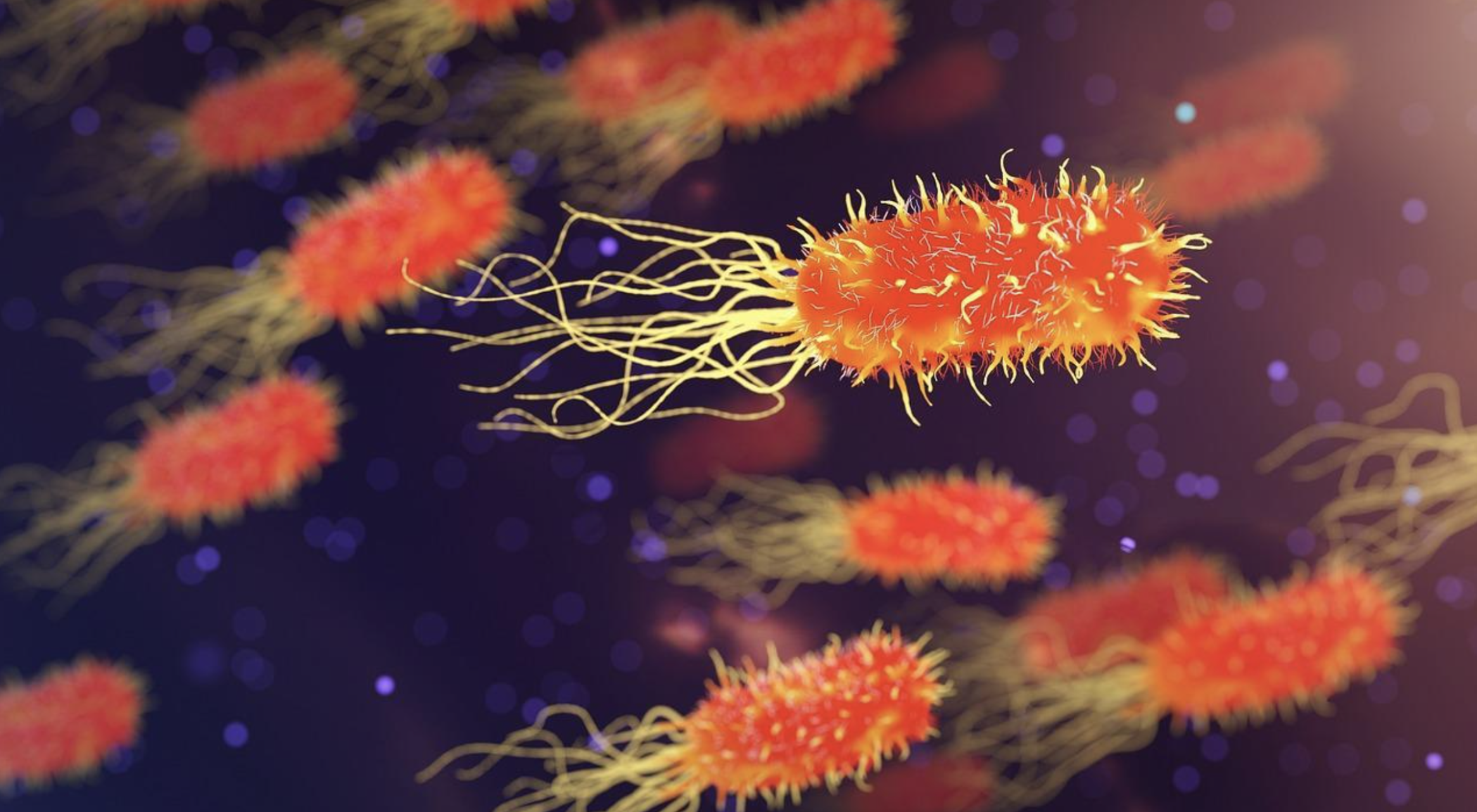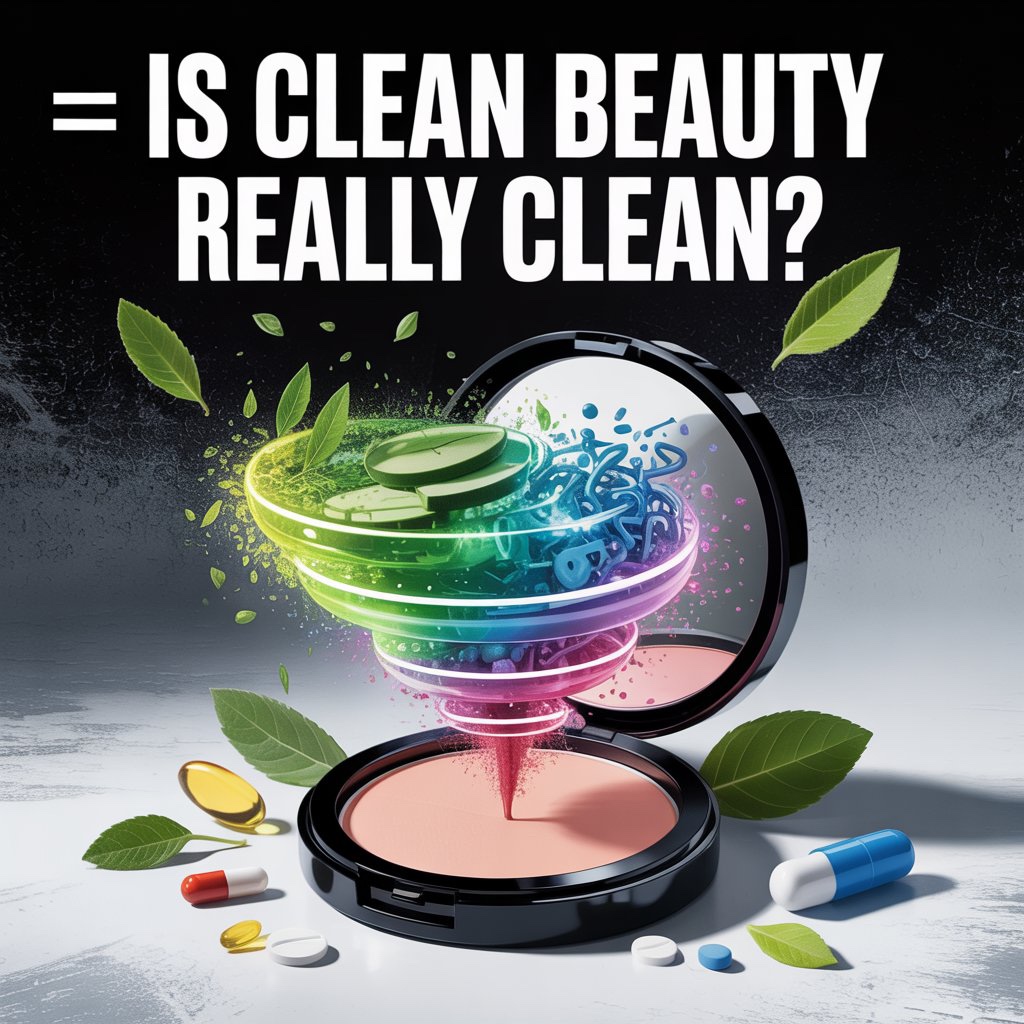
[객원 에디터 8기 / 박준우 기자] Antibiotic resistance is steadily becoming a more widespread problem today. The Global Research on Antimicrobial Resistance project (GRAM) revealed that between 1990 and 2021, more than 1 million people died worldwide from antimicrobial drug resistant diseases. This problem is expected to worsen in the future. However, one treatment may prove to be the solution: the bacteriophage.
The bacteriophage was discovered independently by British microbiologist Frederick W. Twort in 1915 and French microbiologist Felix d’Hérelle in 1917. It is a group of viruses that can only infect and replicate in bacterial cells. They attach to bacteria and infect it. Then, they take control of the bacteria’s cellular machinery, forcing it to create more phages, instead of creating bacterial components. Finally, they kill the bacteria by rupturing its cell membrane.
They fell out of favor a few decades later due to the discovery of antibiotics and only recently garnered attention due to the rise of antibiotic resistant bacteria.
There are many advantages to phage therapy, aside from being able to kill antibiotic resistant bacteria. For example, this treatment requires a lower dosage than traditional antibiotics due to the bacteriophage’s ability to replicate. They also have far less effect on the beneficial natural flora bacteria in human bodies.
On the other hand, phages may trigger an immune reaction as they are foreign pathogens. Some types of bacteria may also become resistant to these phages, but it has been shown that bacteria become more susceptible to antibiotics after they develop resistances to phages.
Previously, phage therapy has been used as an emergency intervention in cases where there has been little-to-no hope for patients. In 2017, a patient who was infected with A. xylosoxidans—a multidrug resistant bacteria—following a lung transplant underwent phage therapy due to the failure of antibiotic treatment and made a complete recovery.
While phage therapy is currently only available for severe cases where other treatments have had no effect, there is hope that it will be approved in the near future, following more clinical trials.
Sources: STAT News, Britannica, Georgetown Medical Review, American Society for Microbiology, Institute for Health Metrics and Evaluation, National Centre for Biotechnology Information, Nature, Healthline, JAMA Network





